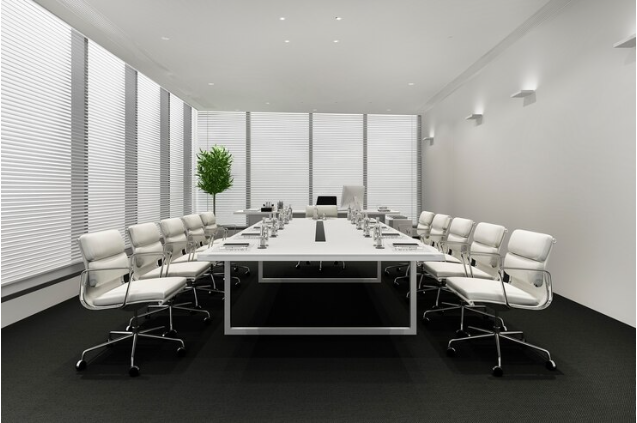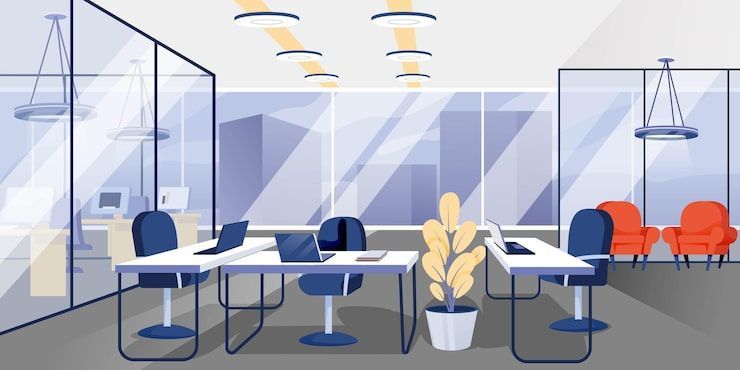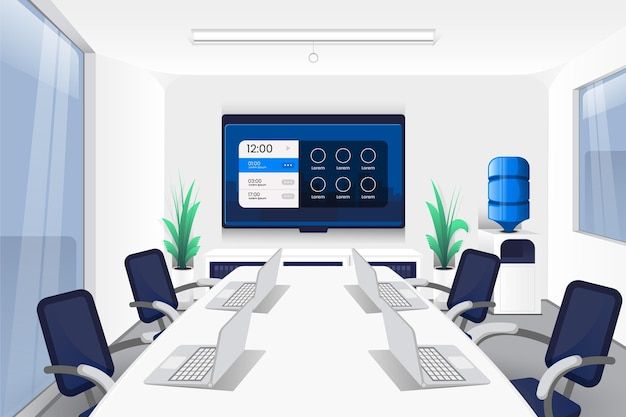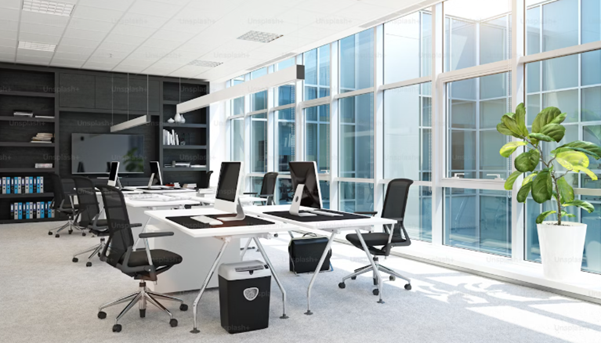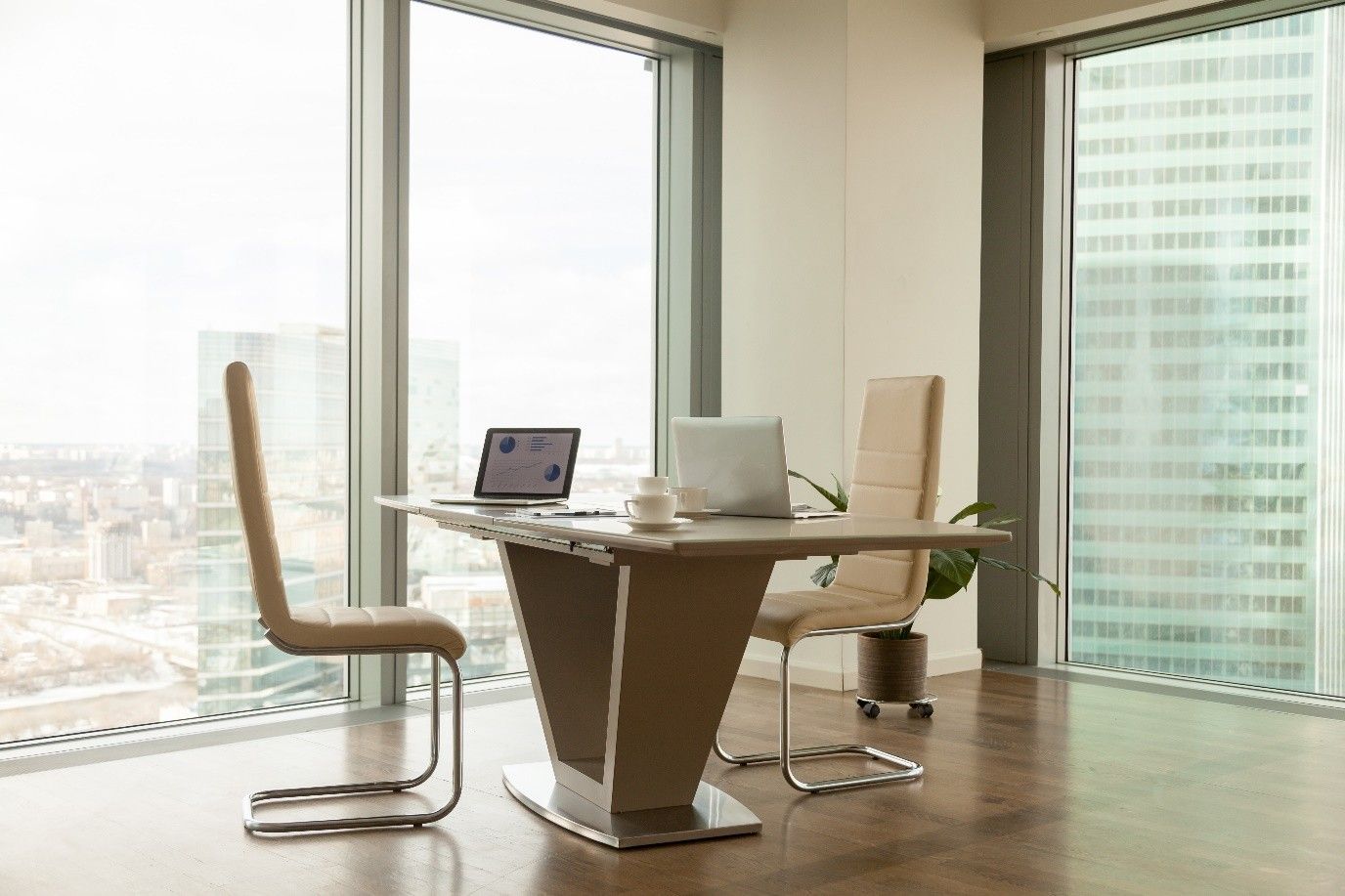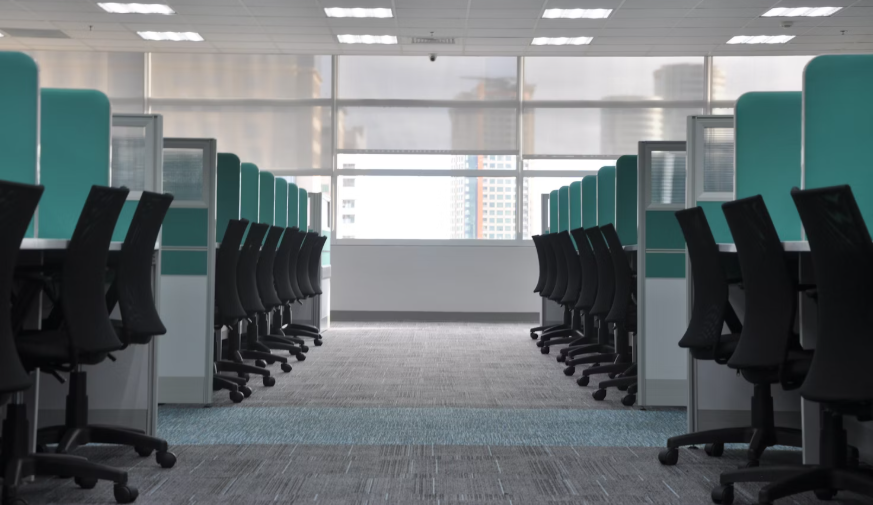Sustainable Workspaces: Green Office Trends Emerging in Georgia
In recent years, businesses across the globe have been increasingly prioritizing sustainability in their operations, and office environments are no exception. Georgia is now at the forefront of this green movement, with a growing number of companies embracing eco-friendly office practices to reduce environmental impact while improving employee well-being. Sustainable workspaces are more than a trend—they are becoming a vital component of modern business strategy.
The Rise of Sustainable Workspaces in Georgia
Sustainability in office design involves a combination of energy efficiency, environmentally responsible materials, and a focus on employee health and productivity. In Georgia, several businesses are leading the way by incorporating green technologies, renewable energy sources, and sustainable construction practices into their office spaces.
From Atlanta to Savannah, companies are investing in energy-efficient lighting, HVAC systems, and smart thermostats that reduce unnecessary energy consumption. By integrating these features, businesses not only lower their carbon footprint but also reduce operating costs—a win-win situation for both the environment and the bottom line.
Key Trends in Green Office Design
Several emerging trends are shaping the landscape of sustainable offices in Georgia.
Energy Efficiency and Renewable Power
One of the most significant trends is the adoption of renewable energy sources such as solar panels and wind power. Many office spaces are now designed to maximize natural light, reducing reliance on artificial lighting and decreasing energy costs. Advanced energy management systems allow companies to monitor usage and optimize efficiency in real time.
Biophilic Design and Indoor Air Quality
Biophilic design—a concept that incorporates natural elements like plants, sunlight, and natural materials into interior spaces—is gaining momentum. Studies show that incorporating greenery and improving indoor air quality can boost employee productivity and reduce stress levels. In Georgia, office spaces are increasingly featuring living walls, plant partitions, and open floor plans that bring employees closer to nature.
Sustainable Materials and Construction Practices
Sustainability begins at the foundation of office construction. Local businesses are now prioritizing materials that are recycled, low in volatile organic compounds (VOCs), and sustainably sourced. Furniture made from reclaimed wood, low-emission paints, and carpeting made from recycled fibers are becoming standard in Georgia offices. Even small design choices, like ergonomic furniture made from eco-friendly materials, contribute to a healthier, greener workspace.
Smart Waste Management and Recycling
Sustainable offices emphasize proper waste management and recycling programs. Georgia businesses are implementing composting stations, reducing single-use plastics, and ensuring that electronic waste is disposed of responsibly. These practices are not only environmentally responsible but also foster a culture of accountability and awareness among employees.
Flexible and Shared Workspaces
Another trend gaining traction is the move toward shared office environments. These spaces optimize resources by allowing multiple companies or teams to share amenities and infrastructure, reducing the environmental footprint of maintaining multiple offices. If you are looking for Office Space in Georgia, shared workspaces offer a sustainable and cost-effective solution while fostering collaboration and networking opportunities.
Benefits of Sustainable Workspaces
Adopting green office trends provides numerous benefits, both for businesses and employees.
- Environmental Impact: Reducing energy consumption, waste, and emissions contributes to a healthier planet.
- Cost Savings: Energy-efficient systems and sustainable materials often result in lower operational costs over time.
- Employee Well-being: Offices that prioritize air quality, natural light, and biophilic design improve employee satisfaction and productivity.
- Corporate Image: Companies that invest in sustainability demonstrate social responsibility, which can attract clients, investors, and top talent.
Steps to Create a Green Office in Georgia
Businesses in Georgia looking to transition to sustainable workspaces can take several practical steps:
- Conduct an Energy Audit: Identify areas where energy consumption can be reduced.
- Invest in Renewable Energy: Explore options like solar panels or green energy subscriptions.
- Choose Eco-Friendly Materials: Opt for recycled, low-emission, and locally sourced construction and office materials.
- Enhance Indoor Environment: Incorporate plants, improve ventilation, and maximize natural light.
- Implement Smart Waste Solutions: Set up recycling, composting, and responsible e-waste disposal systems.
- Adopt Flexible Workspaces: Shared or hot-desking arrangements can reduce space requirements and overall environmental impact.
Companies can also collaborate with local providers of sustainable office solutions to streamline the process. For inquiries about eco-friendly workspaces or leasing options, businesses can Contact Us to explore available options tailored to their sustainability goals.
The Future of Green Offices in Georgia
As the global focus on sustainability continues to grow, Georgia is poised to become a hub for green office innovation. Businesses adopting these trends now will not only enjoy cost savings and improved employee productivity but also contribute to long-term environmental stewardship.
From energy-efficient systems to biophilic design and shared office solutions, sustainable workspaces are reshaping how companies operate in Georgia. Whether you are a startup seeking an environmentally responsible office or an established company aiming to enhance your sustainability profile, embracing these green trends is a step toward a brighter, healthier future.
In conclusion, the shift toward sustainable workspaces in Georgia represents a meaningful convergence of environmental responsibility, business efficiency, and employee well-being. By integrating energy-efficient technologies, eco-friendly materials, and flexible office designs, companies can cultivate workplaces that are not only sustainable but also inspiring and productive.
